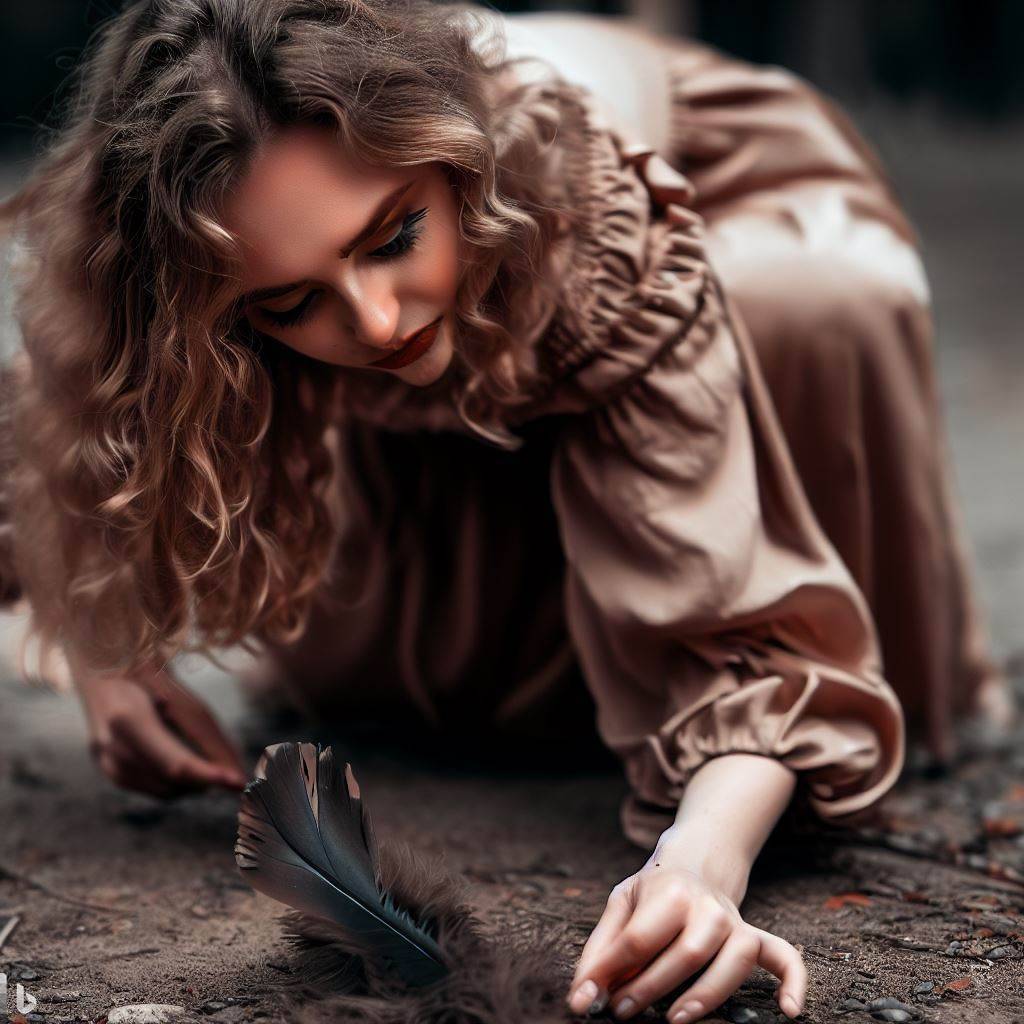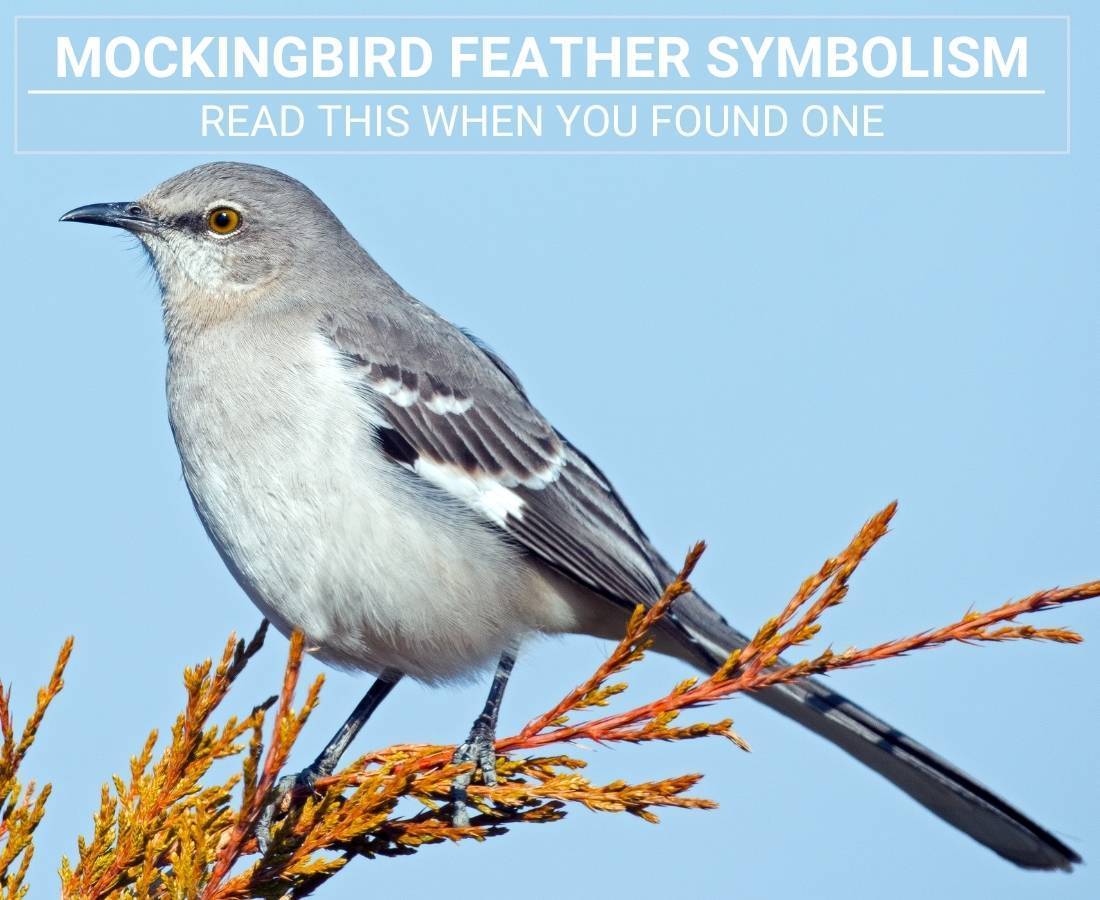The mockingbird is an inspiring bird found mostly throughout North and South America. Their features hold significant meaning and finding one carries a specific message for your life.
Table of Contents
Follow along for a deep dive into the symbolism within the mockingbird feather and what its appearance may mean for you.
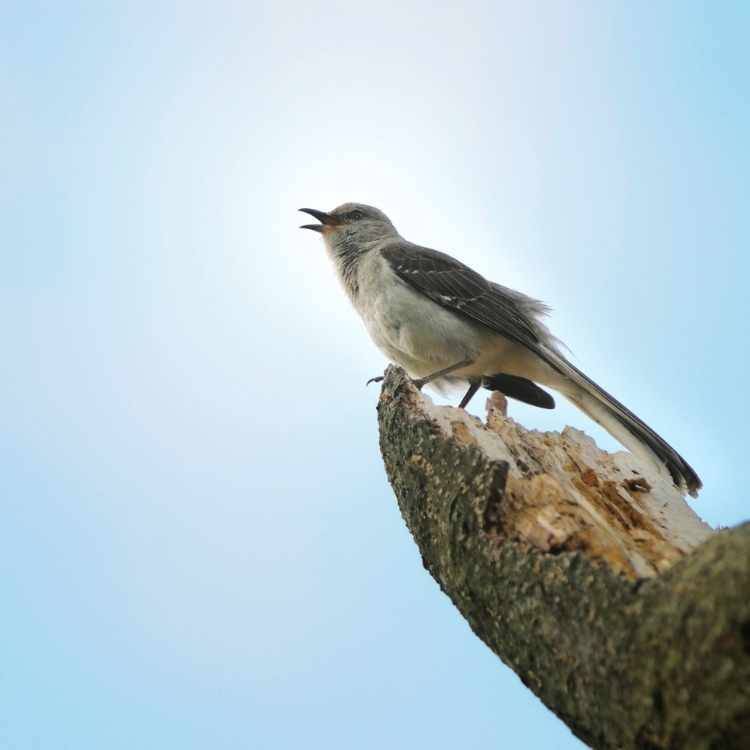
Key Points:
- The mockingbird has been a powerful symbol found throughout books, songs, and cultural lore.
- The mockingbird’s name was popularized by the book ‘To Kill a Mockingbird‘ which depicted heavy societal themes, such as racism, sexism, and injustice.
- Mockingbird feathers are an extension of the power that these birds hold. Finding them can have a significant meaning for you.
What does a Mockingbird feather look like?
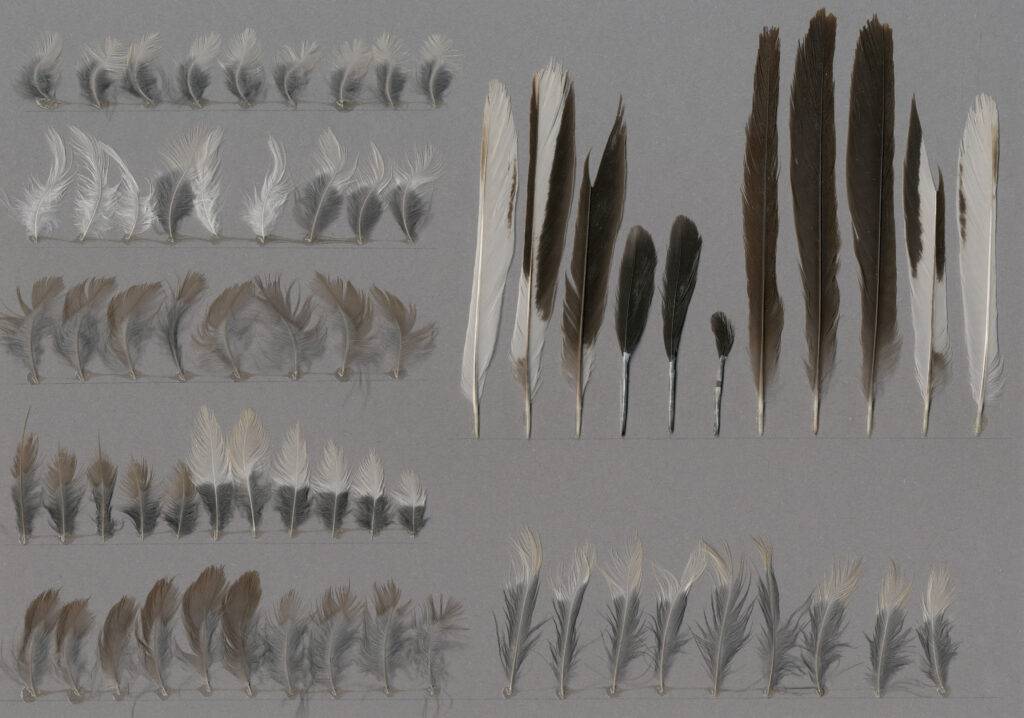
Mockingbird feathers are usually gray or white, with black markings. They are beautiful feathers, and they can be found all over North America. Mockingbirds are known for their singing abilities, and they are often considered to be symbols of joy.
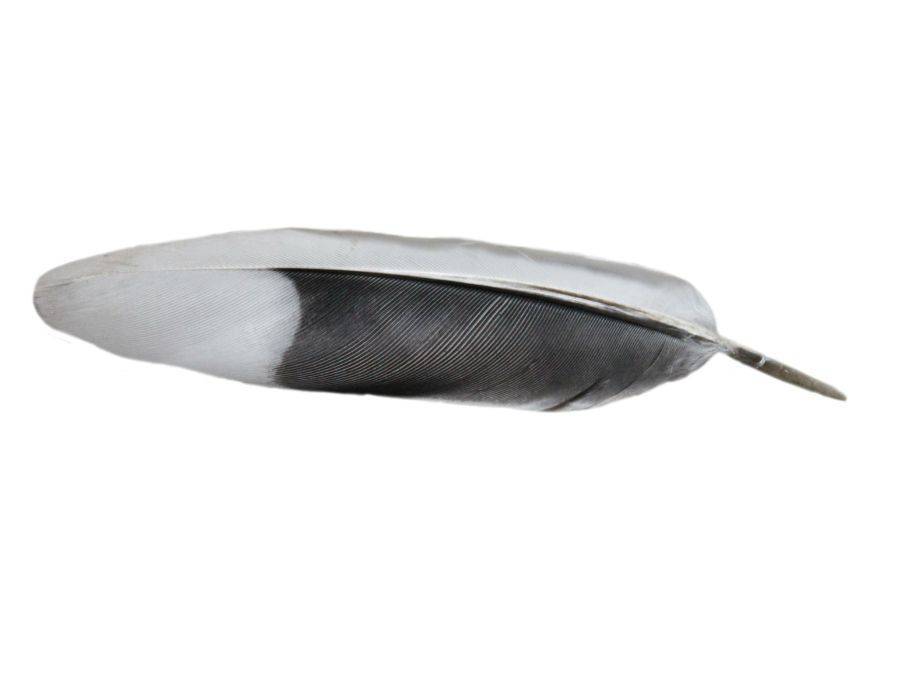
Mockingbird feathers can be used in a variety of different ways, including in jewelry and art.
Mockingbirds are found in woods, gardens, and parks all across North America. They are known for their fearless nature and their ability to mimic the sounds of other birds. Mockingbirds are also very protective of their territory, which is another reason why their feathers carry the energy of protection.
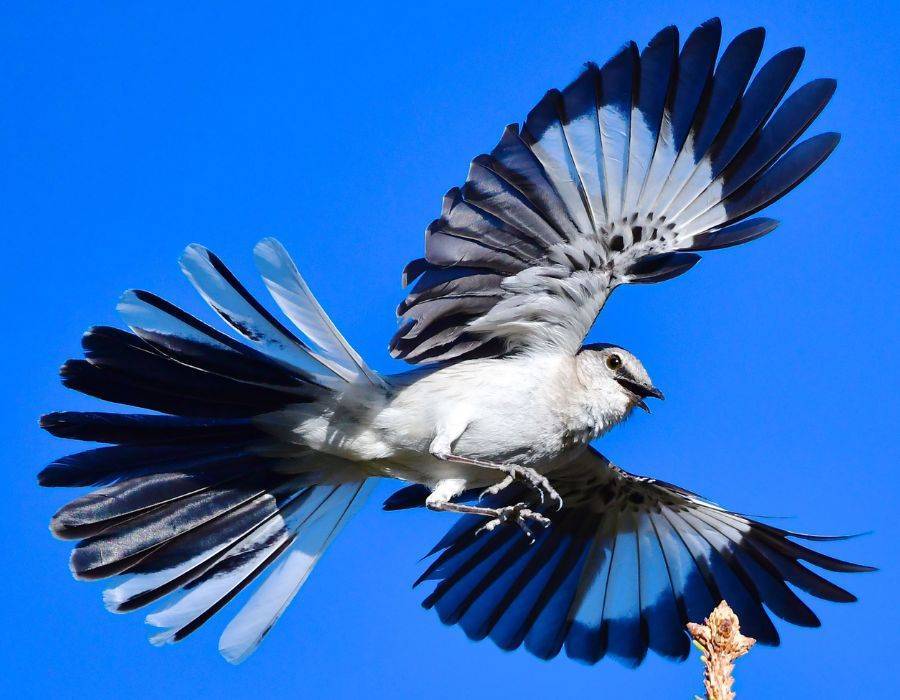
What does the mockingbird feather symbolize?
Feathers are often seen as a sign from the spirit world. The feather symbolism represents connection, communication, and spiritual messages. When you find a feather, it is a reminder that you are never alone and that your angels are always with you.
It’s common to find a mockingbird lying around areas they inhabit, but did you know spotting one of these feathers holds a spiritual meaning?
Speaking Your Truth
Mockingbird feathers have long been associated with speaking your truth. Throughout history, they’ve been appreciated for their powerful song, which is where their name first originated from.
For many, their feathers are a sign of hope and resilience. They are the encouragement to continue one, even if you feel your voice isn’t being heard. Continue to speak your truth until you’re recognized for who you are.
Mockingbird feathers have also been a symbol of social justice. The bird’s ability to speak its truth is seen as an important quality in standing up for what is right.
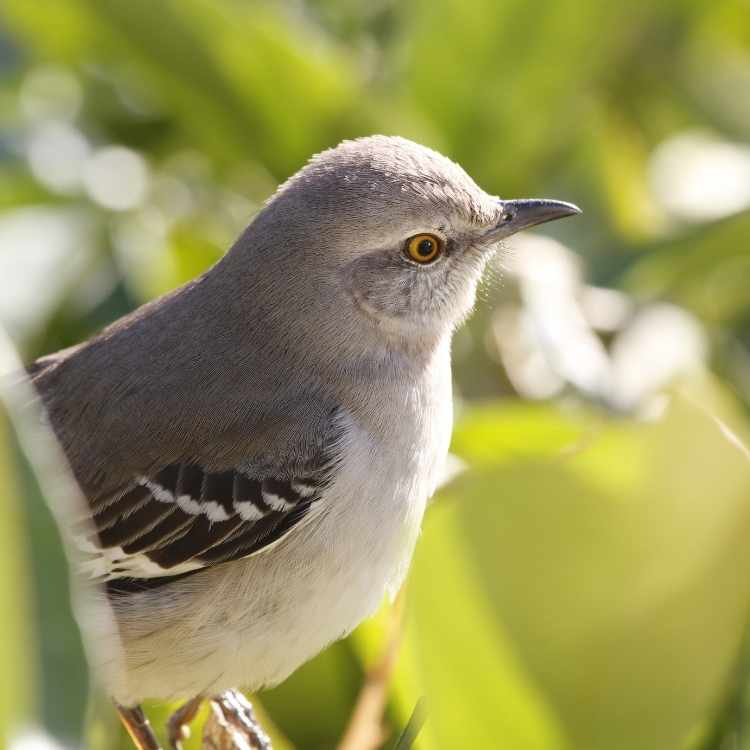
Divine Protection
Mockingbird feathers have long been associated with divine protection. In many cultures, the mockingbird is seen as a spirit animal that can ward off evil spirits and bring good luck. The feathers are often used in ceremonial dress and ritual objects.
The mockingbird is also seen as a protector of the home and family. Keeping their feathers around your home can help promote protective energies for your household.
Innovation
Mockingbird feathers are often seen as a symbol of innovation. These birds have the ability to imitate other species and can sing a range of up to 200 sounds.
Mockingbird feathers represent the talent and abilities you have within yourself. Look towards the positive qualities of others and see if you also have these to offer the world.
“I am human. I talk and I listen and I read.”
― Walter Tevis, Mockingbird
Read more about the Mockingbird symbolism
Mockingbird feathers in different cultures
Mockingbirds and their feathers have interestingly been symbols throughout many parts of the world. Still, their role within the United States and Native American culture has been the most significant.
United States
In the American novel, To Kill a Mockingbird, Harper Lee tells the story of Atticus Finch, a white lawyer in the deep south during the 1930s, and his daughter Scout.
The book is set when racial tensions were high, and Lee uses the trial of a black man accused of assault to explore issues of race, class, and gender. While the novel has been praised for its exploration of these issues, it has also been criticized for its portrayal of African Americans.
Some critics argue that the characters are stereotypes and that the author relies on racial stereotypes to tell her story. However, others argue that Lee’s use of stereotypes is intentional and that she is using them to challenge readers’ assumptions about race.
In the book, the mockingbird symbolizes innocence. These birds are innocent creatures that don’t often disturb humans.
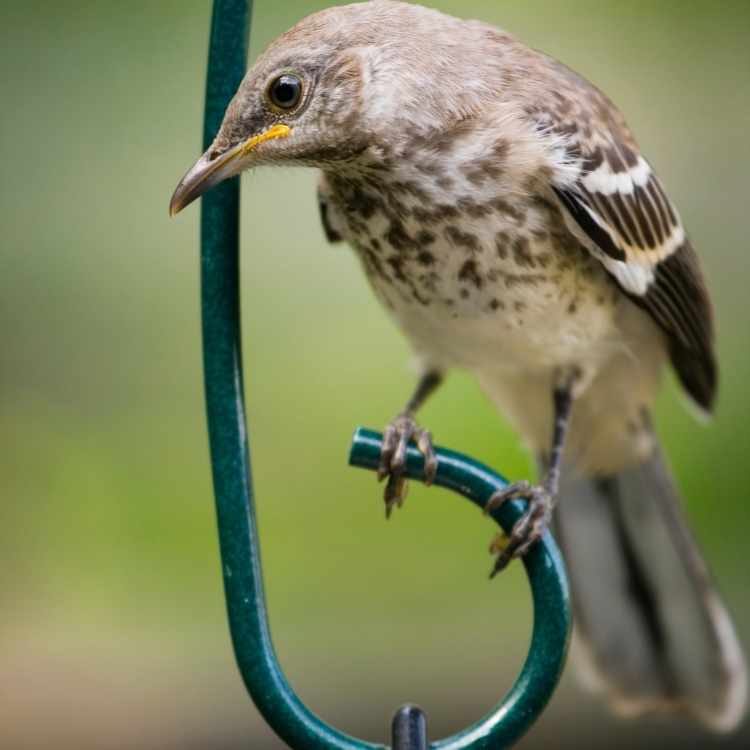
The tragic events that transpire within the store are explained in the metaphor, “Shoot all the bluejays you want, if you can hit ’em, but remember it’s a sin to kill a mockingbird.”
The song, Listen to the Mockingbird, by Septimus Winner was a popular American song. Here, the mockingbird represents love and ties the bird to the love that remains even beyond death.
In the song, the bird sits upon the grave of the singer’s passed loved one, and due to its soft tune and beautiful feathers, the bird is a symbol of unconditional love and gratitude. To listen to this song, check out this video!
Native American culture
In Native American culture, some tribes believe the mockingbird taught humans to speak. The mockingbird’s beautiful song is cherished by everyone who hears it, and it’s likely the Native Americans respected these birds and their song enough to believe they learned from them and taught them how to speak and sing.
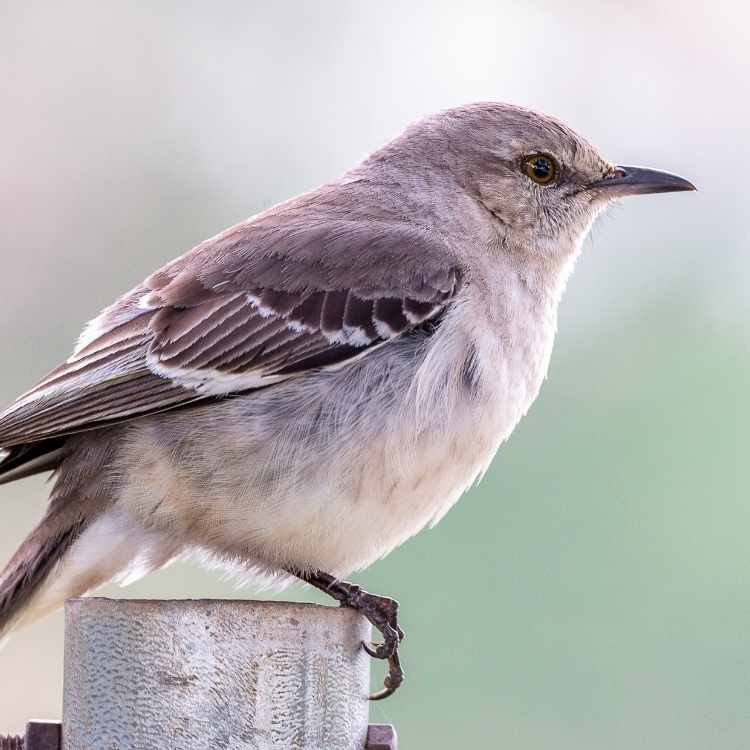
Finding mockingbird feathers meant the bird was your spirit animal or animal totem. Cherokees believed the mockingbird to be very intelligent, and they even gave kids the heads of these birds to eat, feathers, and call, in hopes of providing them with intellect.
Other tribes believed that dreaming of the mockingbird feather was a positive sign. They considered these birds to have special healing abilities that could be expressed and felt in their dreams.
Sources
- http://www.native-languages.org/legends-mockingbird.htm
- https://facingtoday.facinghistory.org/what-does-it-mean-to-kill-a-mockingbird
- https://en.wikipedia.org/wiki/To_Kill_a_Mockingbird
- http://www.bio.brandeis.edu/fieldbio/Birds_Kamm_Kuss/Pages/SPECIES_Mimus_Polyglottos.html
- https://www.bluegrassnet.com/lyrics/listen-to-the-mockingbird#.YzZi6y-B1pR
- https://en.wikipedia.org/wiki/Listen_to_the_Mocking_Bird
